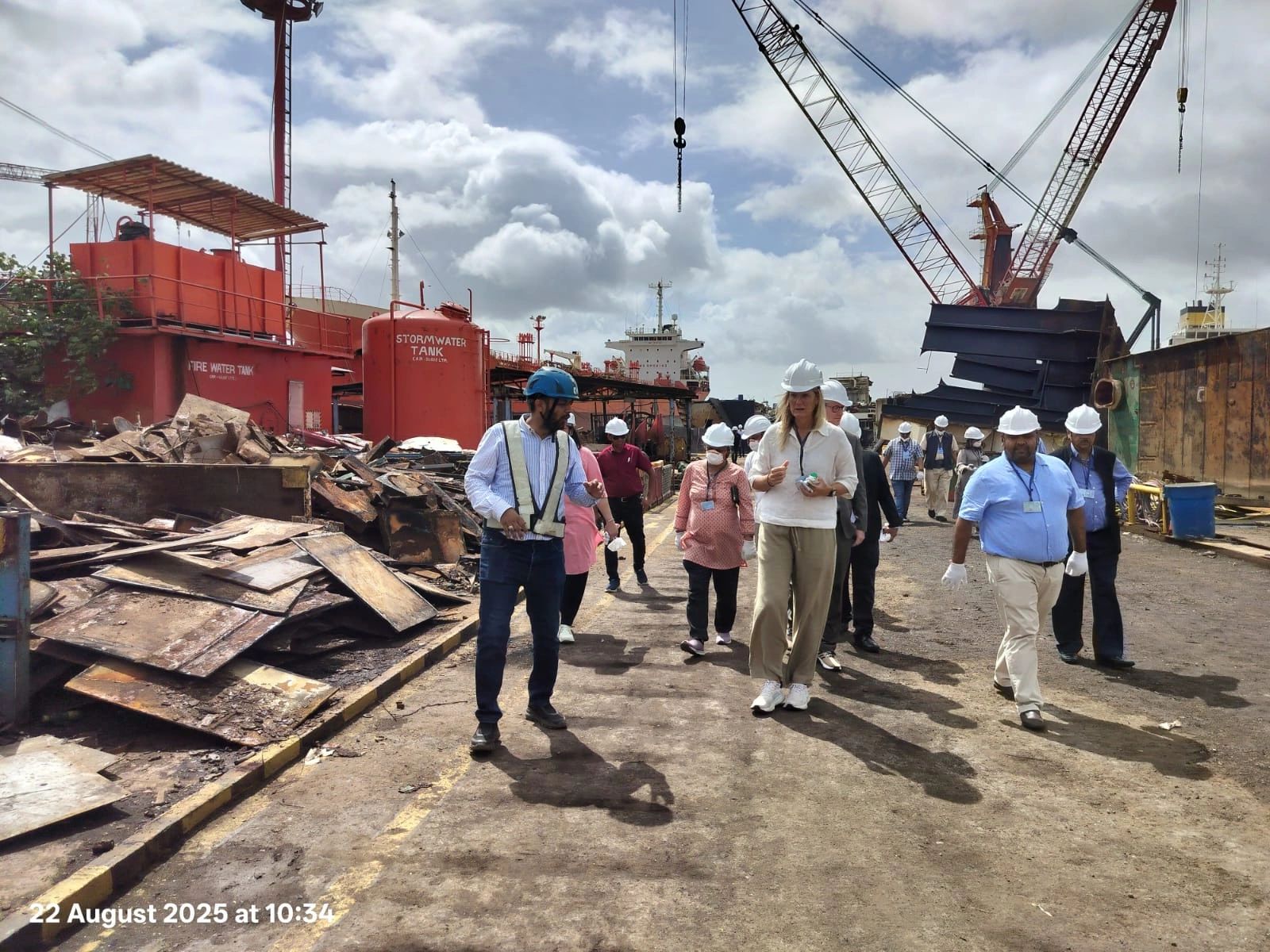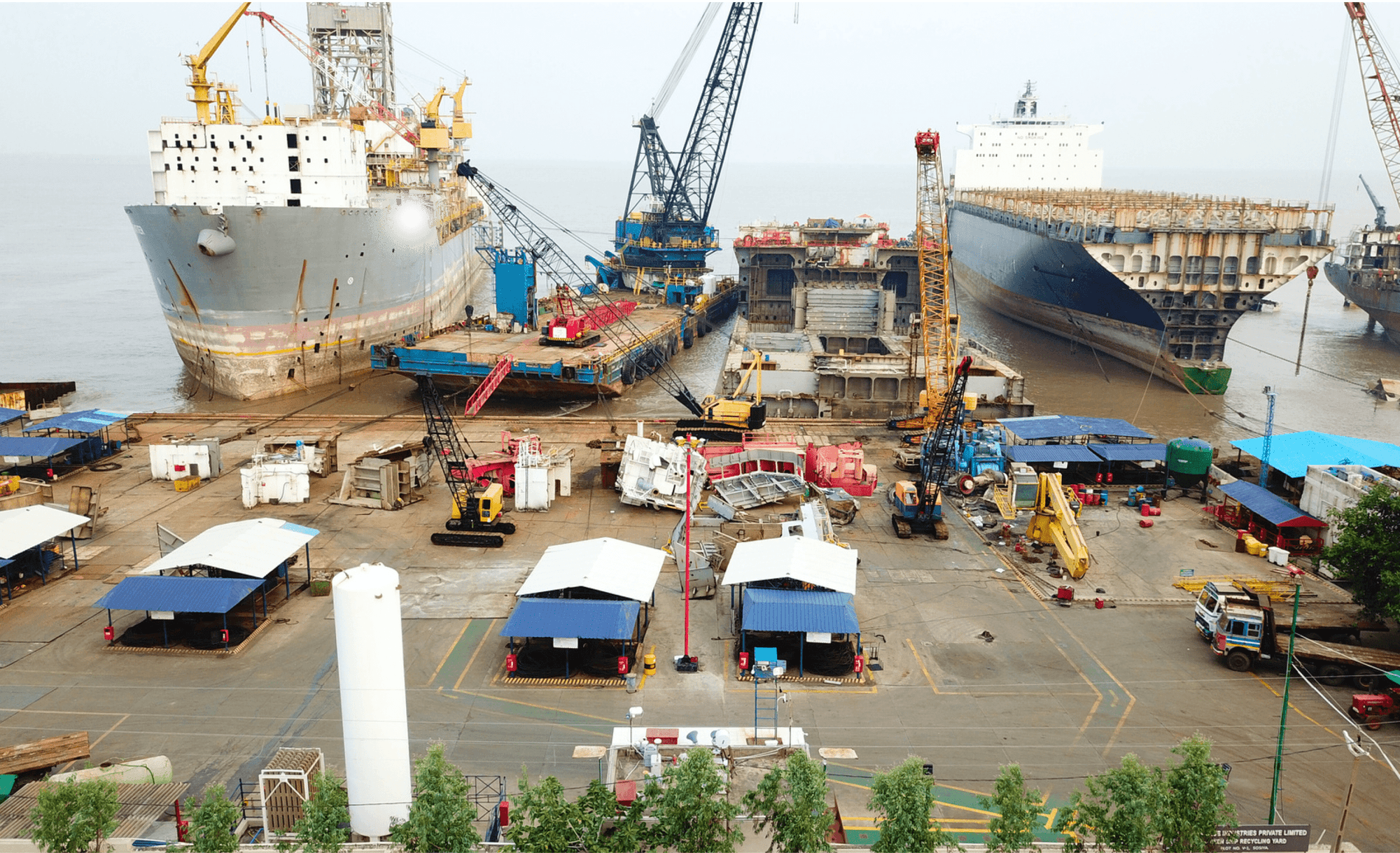Maersk Tankers’ Strategic Investment in Ammonia Carriers Signals Industry Shift

Maersk Tankers, a major player in the shipping industry, has confirmed placing an order for new vessels, validating earlier reports in the media. The order comes from an affiliated company of Maersk Tankers, and it has been revealed that Japanese company Mitsui & Co. will join as a co-investor in the first four vessels. Maersk Tankers will be responsible for operating these ships.
These new vessels, with a capacity of 93,000 cubic meters (cbm), are set to be among the largest ammonia carriers in operation. They will have the capability to transport a full cargo of ammonia. The first four Very Large Ammonia Carriers (VLACs) are scheduled for delivery starting from late 2026, and the contract also includes options for an additional six vessels.
Maersk Tankers has shared that they are collaborating with MAN Energy Solutions and Hyundai Heavy Industries’ Engine Machine Division (EMD) to equip the vessels with the ability to run on clean ammonia. However, the decision to install engines capable of using ammonia is contingent on regulatory approval and support from customers.
Ship Recycling market has maintained a passive tempo : BEST OASIS
The vessels will receive classification from the American Bureau of Shipping, indicating compliance with industry standards and safety measures.
Tina Revsbech, CEO of Maersk Tankers, emphasized the importance of taking tangible steps in the tanker industry to facilitate the energy transition. She expressed the company’s commitment to contributing to the transportation of clean energy by leveraging their experience in operating gas carriers. The initiative aims to provide efficient and secure shipping services to clean ammonia producers and users across the globe.
The newbuilds of 93,000 cbm will be among the largest ammonia carriers in operation, capable of carrying a full cargo of ammonia. The first four firm VLACs are due to be delivered from late 2026 onwards, and the contract includes options for an additional six vessels.
Maersk Tankers said it was working with MAN Energy Solutions and Hyundai Heavy Industries’ Engine Machine Division (EMD) to make the vessels capable of running on clean ammonia. However, a decision to install ammonia-capable engines requires both regulatory and customer support.
Mitsui & Co. sees this project as an opportunity to utilize its expertise in the shipping industry, as well as in energy and chemicals, to accelerate the transportation of ammonia. Kensuke Kubota, General Manager of the Marine Solution Business Division at Mitsui & Co., Ltd., highlighted their commitment to contributing to the realization of a carbon-neutral society through projects like these.
“Concrete actions are needed for the tanker industry to progress the energy transition, and in Maersk Tankers, we want to play our part in making transportation of clean energy a reality. We are building on our legacy of operating gas carriers to offer a crucial transportation service that will aid the transition. With this initiative, we will be able to service clean ammonia producers and users in many parts of the world with highly energy efficient and safe ships,” Maersk Tankers’ CEO, Tina Revsbech, said.
“Mitsui will leverage its expertise and experience in the shipping industry as well as in energy and chemicals to accelerate the transportation of ammonia which we see as one of the promising options for sources of next generation energy,” Kensuke Kubota, General Manager of the Marine Solution Business Div. at Mitsui & Co., Ltd. said.
The decision to order these vessels is driven by the anticipated increase in demand for the transportation of ammonia, particularly as a derivative of clean hydrogen. Both ammonia and clean hydrogen are expected to play crucial roles as vital commodities during the transition to clean energy.
Numerous clean ammonia projects are in development globally, and many of them rely on seaborne transportation. Consequently, the market is actively seeking energy-efficient and safe solutions to meet the growing demand for ammonia transportation. The move by Maersk Tankers aligns with the industry’s need for sustainable and efficient vessels to support the energy transition.
Author: shipping inbox
shipping and maritime related web portal








